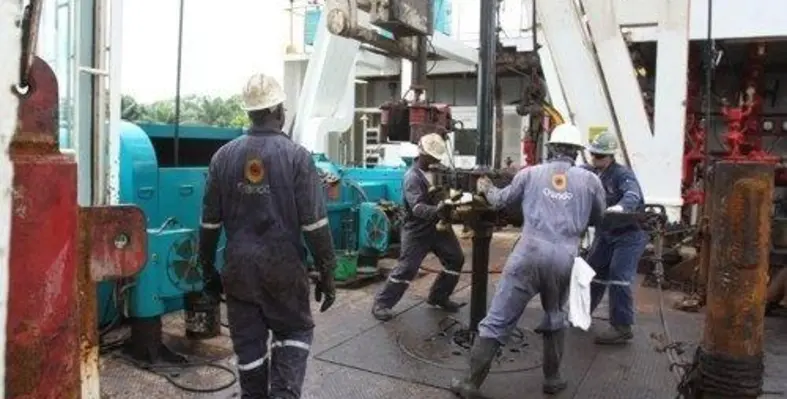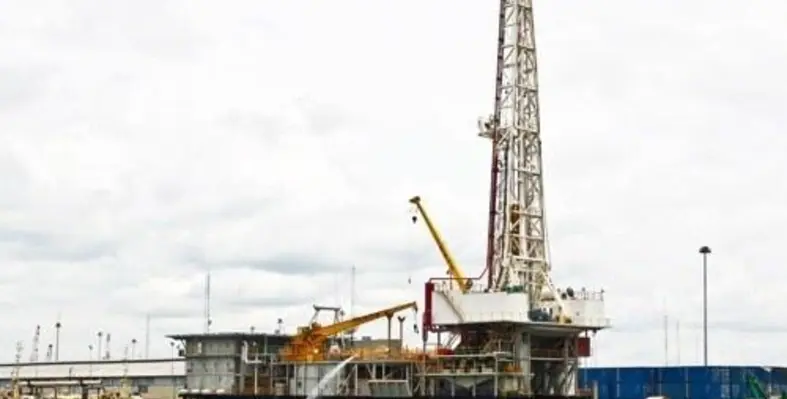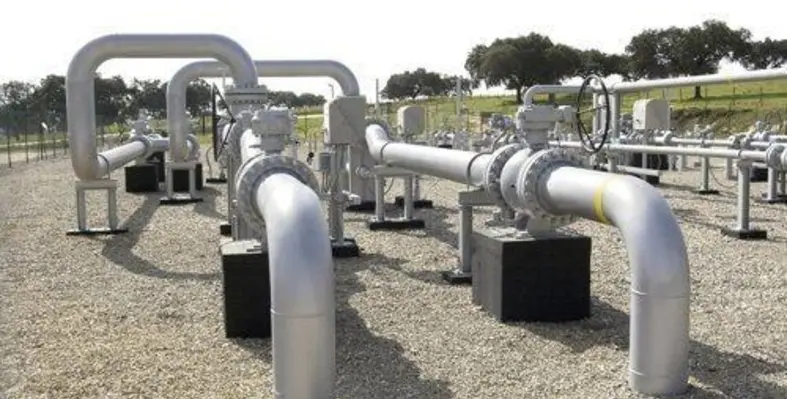Wale Tinubu is the Group Chief Executive of Oando Plc - he talks to Zsa Tebbit about gas flaring, oil prices and the future of the Nigerian oil industry
1. You recently won a major gas processing contract and I know that the gas sector is very important to you. Gas flaring is now regarded as a serious problem in West Africa. Why do you think this is and what do you think should be done?
We were recently awarded a mandate by the Federal Government of Nigeria (FGN) to build and operate a natural gas central processing facility (CPF) in the Central Franchise Area at Obiafu Rivers State under the Gas Master Plan. Our consortium includes ENI (Agip). This was done by the FGN in its drive to support the private sector in the development of infrastructure for gas processing and distribution.
This CPF will be responsible for processing wet gas received from oilfields in Rivers and Bayelsa States held by oil majors Shell, Agip, Chevron and Total in conjunction with the Nigerian National Petroleum Corporate (NNPC). This programme is part of the government’s drive to deepen gas utilisation, resolve power supply deficit and end gas flaring. Under the plan, gas will be made available to the local market for conversion to liquid fuels and as the provision of feedstock for fertilizer and petrochemicals plants.
Gas flaring is a major problem in West Africa, but especially in Nigeria, which is the 2nd largest gas flaring nation, contributing around 11 per cent after Russia’s 26 per cent contribution to gas flaring. Gas flaring is hazardous to the environment (climate change) and also has negative impacts. It is a waste of a non-renewable natural resource, which if harnessed can alleviate problems across the continent and as an alternative to other energy sources.

2. You operate two oil blocks and have interests in others. What plans do you have for the continued growth of your portfolio of oil and gas properties in Nigeria?
We currently produce 5,000 barrels of crude oil per day from our current portfolio and have plans to produce 100,000 barrels per day with 2P reserves of 300 mmbbls by 2015. The increase in production will be as a result of organic growth of 15,000 barrels per day from the on-going development of our current leases and a further 80,000 barrels per day from inorganic growth through farm-ins and acquisition of assets from government grants, the IOC’s through their divestment programmes as well as local companies that require capital and expertise for the development of their assets.
3. How have you coped with the challenge of the constantly fluctuating oil price, both as an explorer and the nation's leading retailer?
As an explorer we enjoy the benefit of the high oil prices but we are conservative in our approach to high oil prices, so we apply risk management techniques and sometimes hedge our production.
Due to the regulated nature of the downstream business we lock-in our trading margins at the point of importation, and have a fixed margin at the point of retail. Efficiency is our key driver as this enables us maximise our profitability. We recently worked in partnership with the Federal Government to create and implement the Sovereign Debt Note Programme, which ensures that all subsidies owed to importers are settled in a timely manner.
4. Oando Refinery and Terminals is the newest business unit of the Oando Group. How great a competitive advantage has this refining in your home market brought you?
At this point in time we have put our aspirations for the development of a green field refinery in collaboration with other players in the industry on hold, as we would need a fully deregulated petroleum industry for us to benefit as an organisation. The project still remains an option for the future.
We already acquired land in Lagos for its construction but we will focus our current efforts on the acquisition and construction of additional terminals to increase our storage capacity and petroleum product reception facilities at ports.
Post full deregulation the competitive advantage of a fully functional refinery is vast as it will enable our organisation and country reduce the cost of refined products distributed locally and also reduce our dependence on importations of white products.

5. What are the advantages of, as you put it, 'having footprints in all segments of the energy value chain'? What are the challenges?
Our integrated business model is very advantageous in a market such as Nigeria as our risk is diversified, profitability is not dependent on one division or sector and each division is open to a myriad of opportunities.
When one division is impacted by negative market trends, those same events may often be to the advantage of another division. For example the high price of oil has benefited our upstream divisions significantly.
Our different business lines are also in a position to leverage on each other. For example, our Energy services business and E & P business get to share expertise, whilst our Marketing and Supply & Trading Businesses share knowledge on supply/demand balance. Our E & P Business will also serve as a future source of gas for our pipelines.
Historically there has been investor apathy towards integrated plays, despite that we have successfully attracted a diversified shareholder base as a result of our world class execution and unique ability to navigate the difficult environments in which we operate.
6. You are working in a high-technology industry reaching out across a vast part of the country. Are there any infrastructural improvements – like road or rail – that you would like to see that would make your work easier?
The major infrastructural challenges in our operating environment are power and transport. Addressing both issues will considerably reduce the operating cost per unit for businesses in Nigeria.
As mentioned earlier, development of infrastructure would lead to increased consumption of energy from businesses and consumers which ultimately benefit us by stimulating demand for our products in the Downstream and Midstream.
7. Is the regulatory environment satisfactory or are there specific changes you would like to see?
We would like to see the implementation of the PIB, the Power Reform Act and other positive laws that will positively promote local/indigenous industries in Nigeria.
To a large extent the success of Oando’s diversification and expansion into the upstream sector has now positioned the company for the benefits of emerging legislation. Our uniqueness comes from world class execution of innovative energy solutions maximising shareholder value, creating job opportunities, meeting our obligations to government by paying our taxes.
Firstly, having a national oil company that will be professionally run is a big step in the right direction. There is a lot of resources that is currently vested on NNPC which is not being optimised because it working as a government entity as opposed to a private sector or commercialized entity. In many ways the private entities can leverage on a very strong commercially driven national oil company to grow the industry such as Brazil’s Petrobras.
Secondly, we would have indigenous fiscal terms, which in other words are better tax rates when we develop assets. This is because indigenous companies need to be encouraged to be able to create an operating platform that can actually compete effectively.
Thirdly, it’s clear in the PIB that there should be preference in bid rounds and divestment for indigenous participation. It allows the indigenous firms to participate actively in the upstream industry and it is something we need to support.

8. Where do you see Oando – and the Nigerian oil industry as a whole – in five years' time?
In the next five years we see Oando being a major player in the Upstream sector with production of 100,000 barrels of oil per day and 300 mmbbls of 2P reserves by 2015, through organic and inorganic growth. ,. In achieving this outcome we look forward to the implementation of the FGN’s policies on indigenous participation, witnessing the emergence of a few strong indigenous players and development of our communities through our committed corporate social responsibility initiatives.
Most of all I look forward to Oando playing a major role in the restructuring and growth of the Nigerian Oil industry in the next couple of years and its emergence as an “African Oil Major”.












